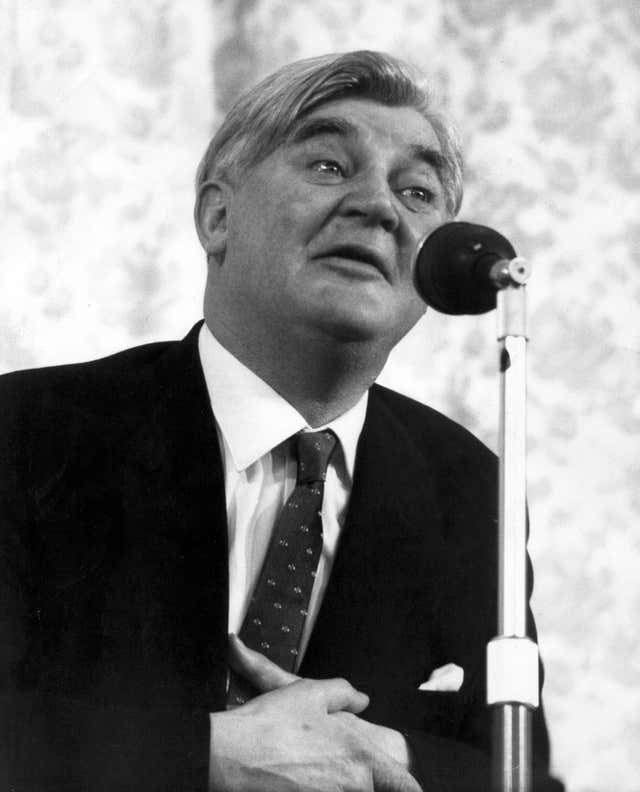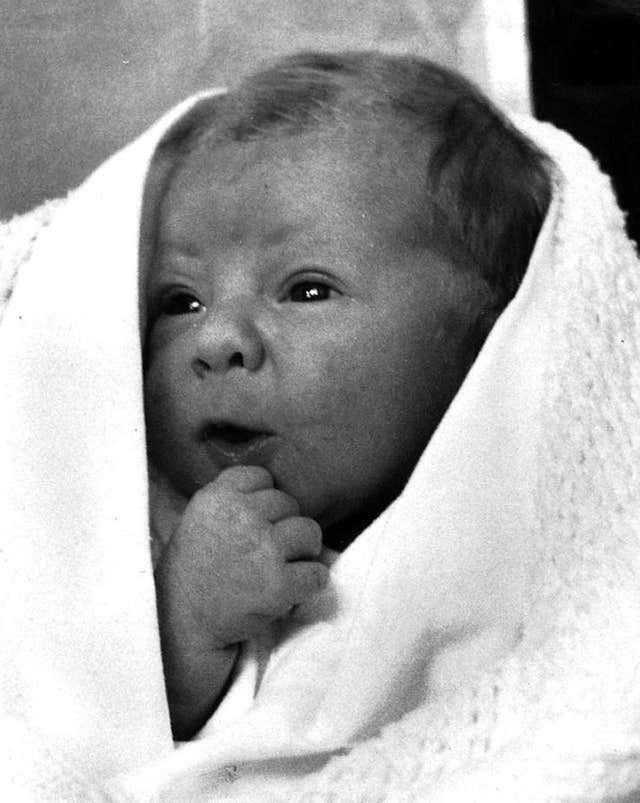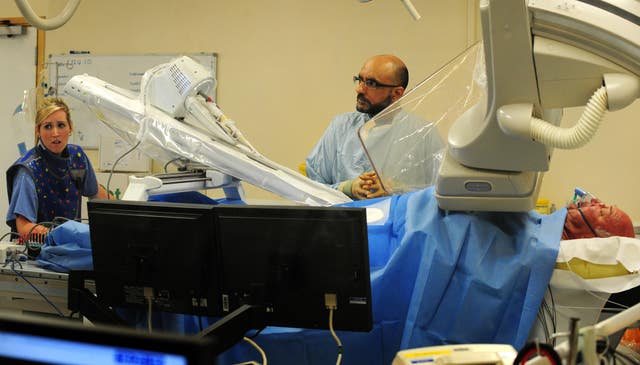NHS – a health service of ‘firsts’
The NHS has been pioneering medical change throughout its history.

The NHS has become the first health service in the world to initiate a Covid-19 mass vaccination programme for a clinically approved jab.
The health service has been pioneering medical change throughout its history.
Here are some of the other “firsts” which have taken place in the NHS:
– 1948: The NHS becomes the world’s first universal healthcare system.

– 1958: The NHS delivers the first mass vaccination programme, with everyone under the age of 15 vaccinated against polio and diphtheria.
– 1962: Professor Sir John Charnley completes the first full hip replacement.
– 1972: The world’s first CT scan on a patient is carried out at Atkinson Morley Hospital, in Wimbledon, now part of St George’s Hospital.

– 1987: The world’s first combined liver, heart and lung transplant is carried out at Cambridgeshire’s Papworth Hospital.
– 1988: The MMR vaccine is first introduced. Before this there were between 160,000 to 800,000 measles cases a year.
– 1999: The Meningitis C vaccine is first introduced – the UK was the first country in the world to offer the jab on a national level thanks to the NHS.

– 2016: Two NHS patients in England become some of the first in the world to benefit from pioneering hand and upper arm transplants.
– 2019: The world’s first gene therapy operation for common cause of sight loss is carried out by researchers in Oxford.
– 2020: The NHS becomes the first health system in the world to initiate a clinically approved Covid-19 vaccination programme.
And the NHS becomes the world’s first national health system to commit to become “carbon net zero”.





